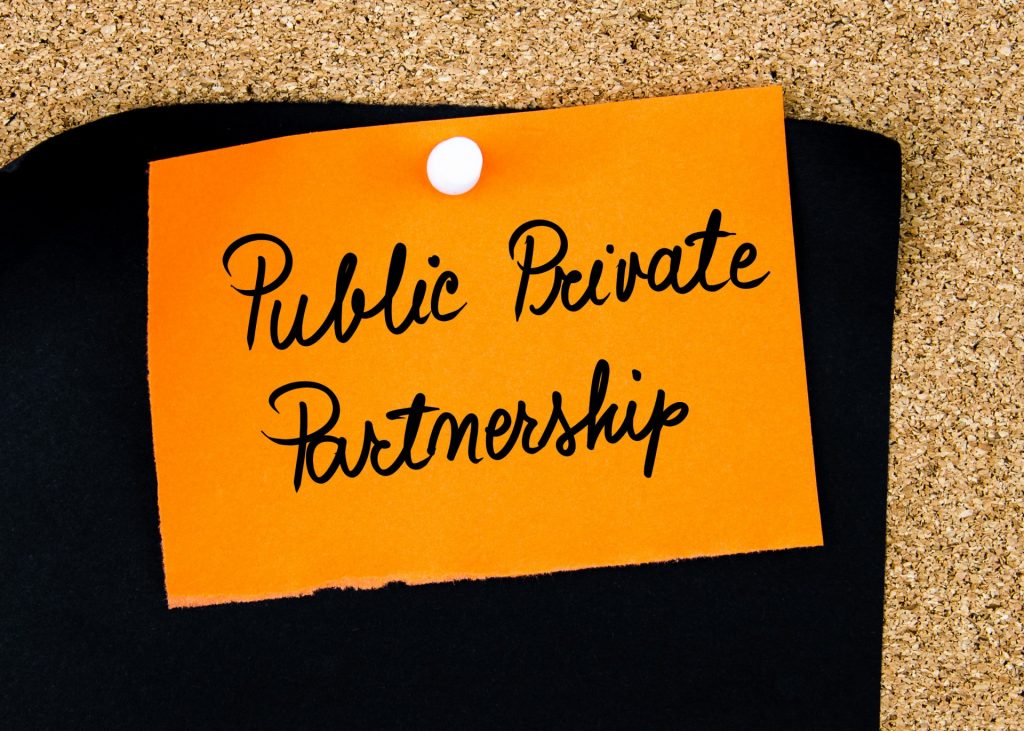Public private partnership needs collaboration (and trust)!
5 Jun 2020 | Published by Erik Hans Klijn

Public private partnerships (PPPs) have been around for some time now in the ‘toolbox’ of governments all around the world. The most well-known and used version are the so-called Design, Build, Finance and Maintenance (DBFM) partnerships, in which public and private partners work together under a usually long-term contract. In this type of partnership, private consortia build, finance and maintain a common asset or service.
The original idea of the DBFM partnership is strongly inspired by neo-institutional economics and assumes that the public partner can manage the project through performance indicators in the contract and, if necessary, use the penalty arrangements of the contract if the performance criteria are not met. Of course, the ability to monitor the performance by the public partner is crucial. In this (economic) argumentation close collaboration (or trust) is not really necessary to achieve good performance,[1] although the long-term relation and using knowledge from both partners are assumed to contribute to better products and services.
However, in our research at Erasmus University Rotterdam (for more information click here), which we did the past 5 years these mostly economic assumptions have proven to be wrong. Our research showed that collaborations and trust are important, and that contract characteristics alone do not generate good outcomes. We also found that good partnerships performance is related to a mix of contractual and relational characteristics. Thus, our main conclusion is that collaboration matters and is crucial to make partnerships a success. That should not surprise us of course, since partnerships are complex and are engaged for a long period. Many things can and will happen. New events (and problems) influencing the partnerships and the way they function emerge - and the contract can never foresee all possible events of the future. Therefore, intensive collaboration and managing the relations in the partnerships, along with building a minimum of trust between the partners is vital for its success.
These
findings have inspired our research in TROPICO Work Package 7: Practices of
External Collaboration for Service Delivery led by researchers at the University of
Antwerp. There, we can further explore this and see which (specific)
combinations of conditions seem to be important for partnerships. And, since we
looked at various types of partnerships, we can also explore whether different
conditions are important for different partnerships. The Work Package 7
research offers us a unique possibility to test some of the core assumptions on
PPP in various countries and base solid recommendations about how to create
good partnerships that work - the first results will be available on the TROPICO
website in September.
[1] See for an argumentation like this the ‘godfather’ of the neo-institutional economics Williamson who thinks trust is a superfluous concept and everything comes down to risk taking - Williamson, O. E. (1996), The Mechanisms of Governance, Oxford University Press.
